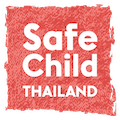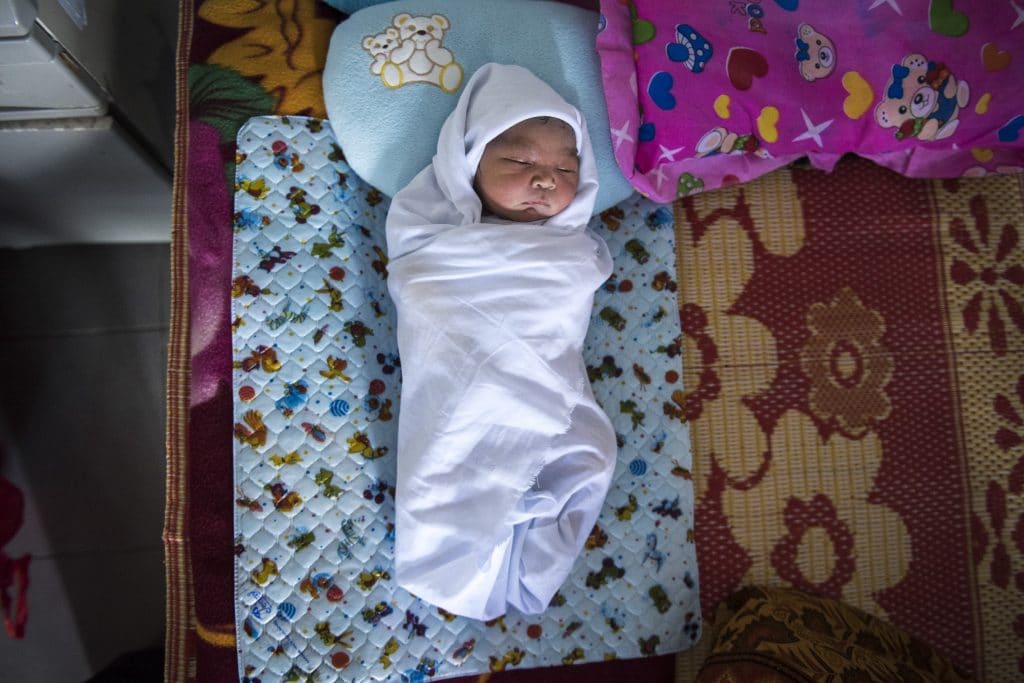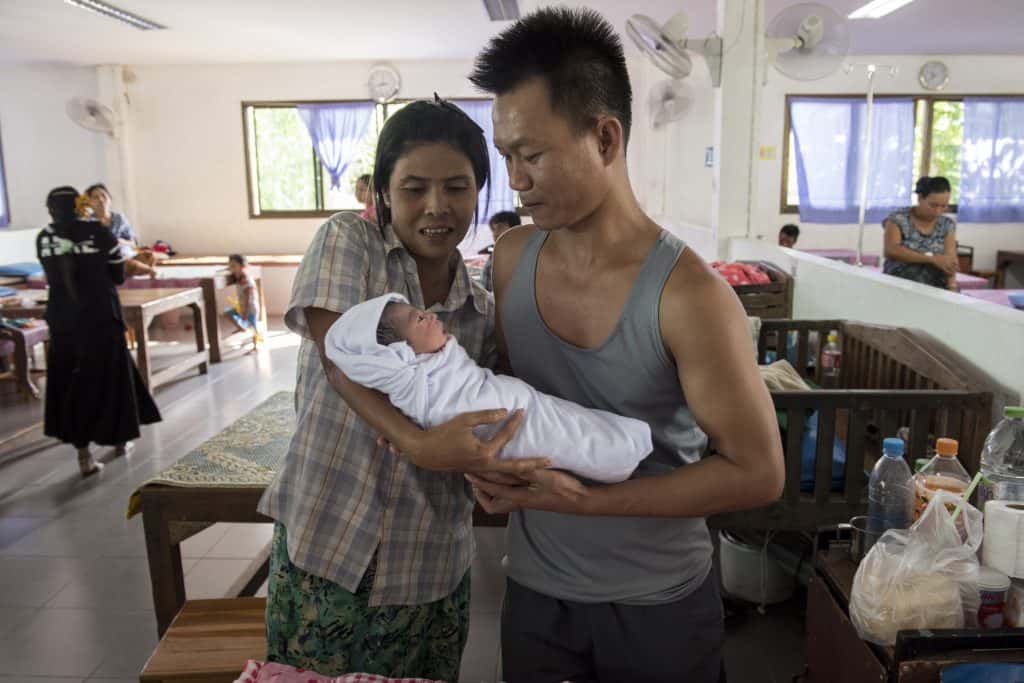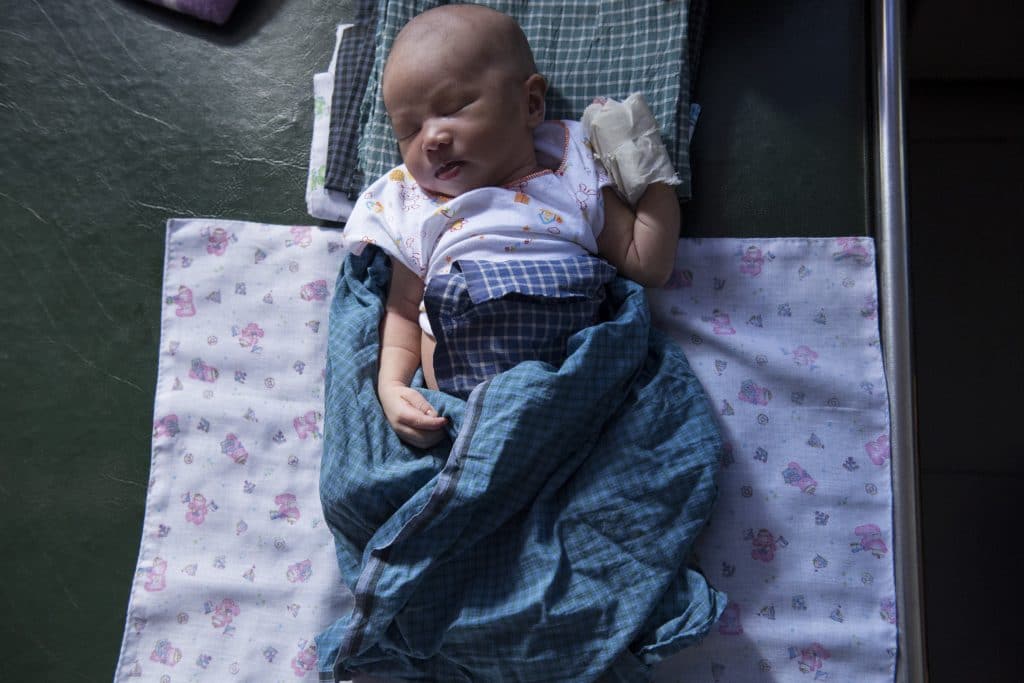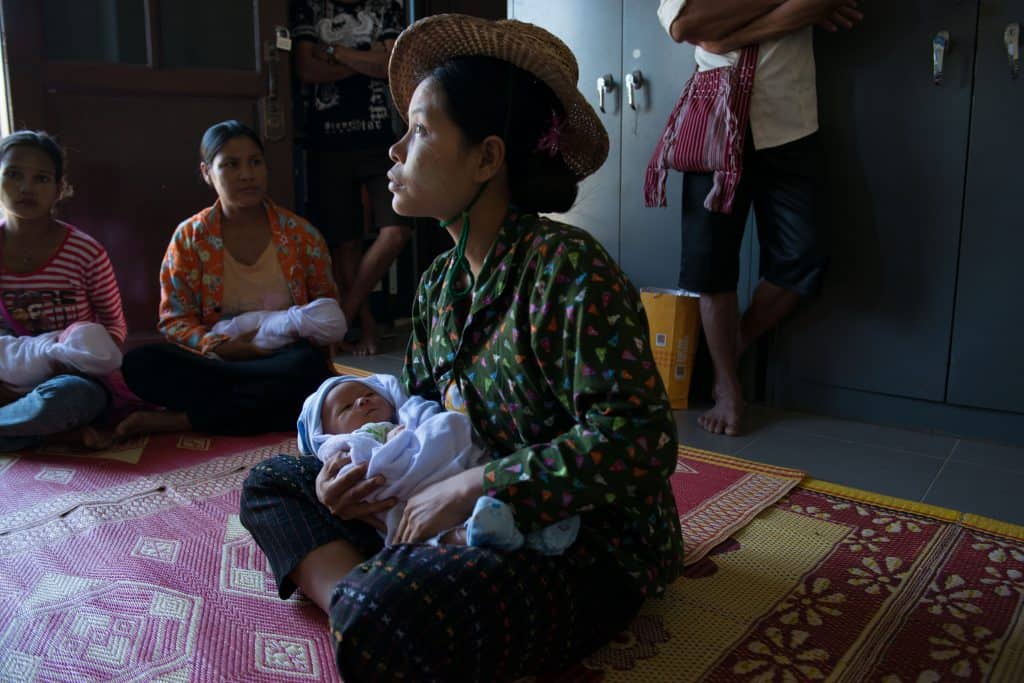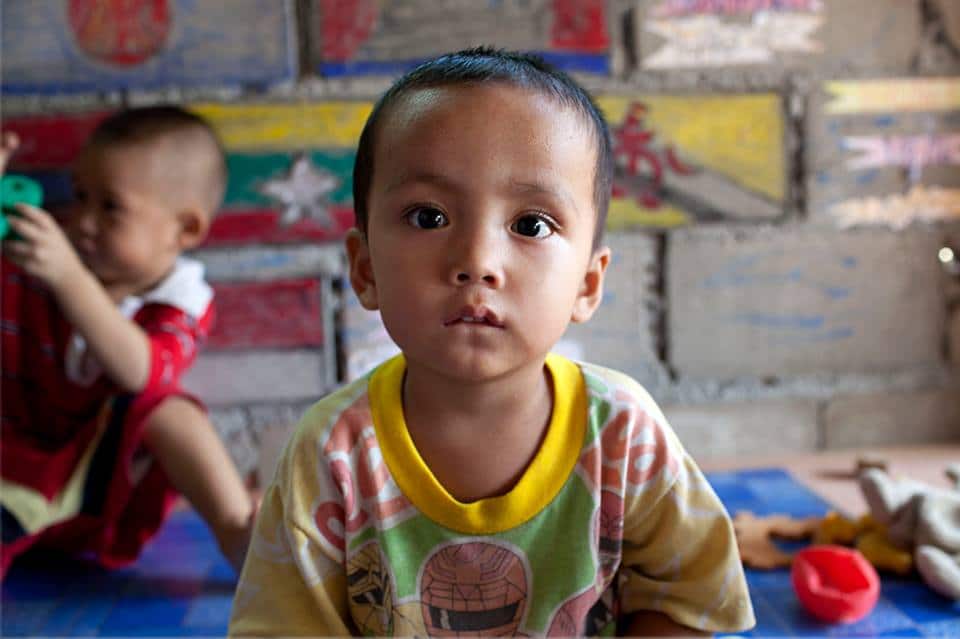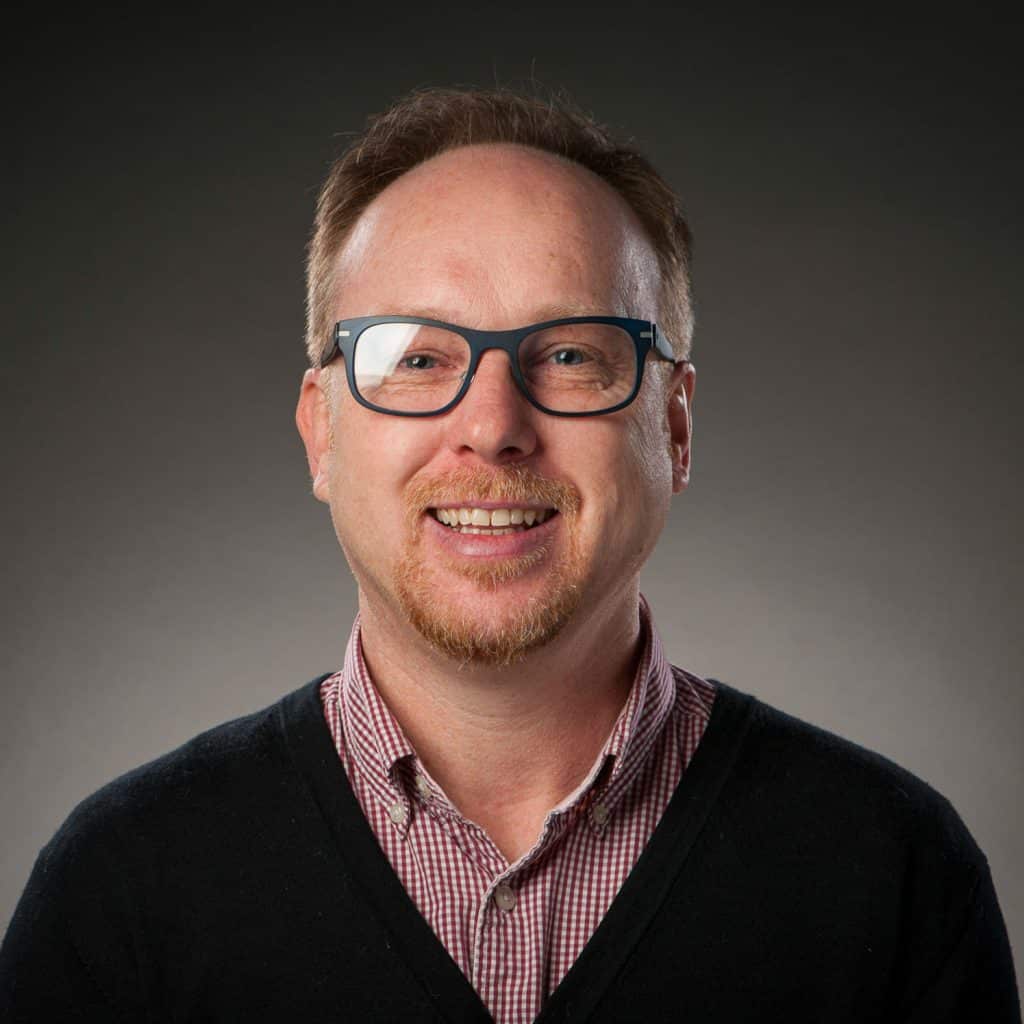
Here, Justin Rogers shares the aims of his and Dr Victor Karunan’ s research to explore the experiences of the children growing up in alternative care in Thailand
Dr Justin Rogers is a Lecturer at the University of Bath’s Centre for Analysis of Social Policy
At the centre of this two year project we are aiming to explore the experiences of the children and young people growing up in alternative care provision in Thailand. These are children who are growing up without the care of their parents. For example, in residential schools, temples and orphanages. Much of the previous academic research about alternative care has focused on measuring children’s developmental outcomes and although this has been really influential for policy and practice, there has been very few studies that have engaged directly with children and explored with them what the experience is like.
The study will take a case study approach and gather data across five regions in Thailand including, Mae Sot, Bangkok, Chiang Mai, Isaan in the north and Songkhla in the south. The aim is to reach one hundred and fifty children, approximately thirty children in each area, aged between 10 to 18 years old. The types of alternative care provision will differ across these contexts and cultures. For example, in Mae Sot, where we are starting with a pilot study, there are many migrant children from Myanmar growing up in the dormitories of migrant learning centres. Whereas in Chiang Mai, children from the hill tribes are often placed in orphanages run by faith based NGO’s.
To engage the children in this research we are going to use creative methods to gather rich, in-depth data to learn about their experiences. We want to know about their understandings of why they are in alternative care, what their day to day lives are like and whether they have any worries or hopes for their future. We are planning to work with socially engaged artists to develop research tools that will allow us to have these potentially personal and sensitive conversations with children in a creative, yet supportive way.
Alongside this project with the children we are also going to explore the experiences of the parents who place their children into alternative care, and their decision making around this. Across the globe there is little research on this and it is particularly limited in the Asian context. We will aim to reach at least thirty parents in total to understand the drivers that result in children’s placement. The study will then draw from both the children and parent’s experiences and perspectives to produce key recommendations for policy actors and practitioners. We will highlight what is currently working well and what can be improved.
A key issue in alternative care provision globally is the need for states to implement the United Nations Guidelines on Alternative Care, which call for a shift from large scale institutional settings to smaller community based providers and family based care such as foster care. This will require a cultural and systemic shift in Thailand as the main providers at present are predominantly institutional. Communities will need to play a key part in any transformation of care provision. For that reason, in the final part of the study we will run focus groups with the community, to explore and understand the wider public perceptions of alternative care.
We recently held a project launch at Thammasat University in Bangkok on October 31st. We are thankful for having the fantastic support from a wide range of organisations concerned with child welfare and child rights in Thailand. The Martin James Foundation have funded the study for the next two years and they have helped link us in to a growing network across South East Asia. Organisations such as Safe Child Thailand, Help without Frontiers, Save the Children and One Sky Foundation have all been crucial in helping us understand the context, the key issues and challenges, as well as helping us to gain access to the alternative care providers where we can reach the children and parents. We hope by gathering, analysing and sharing these narratives widely we can contribute to the work of colleagues in Thailand, in both the government departments and NGO’s who are committed to supporting and improving the alternative care provision for the children.
